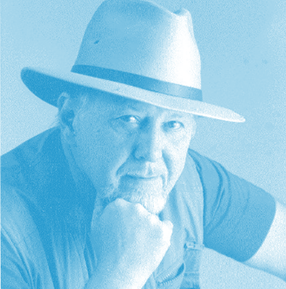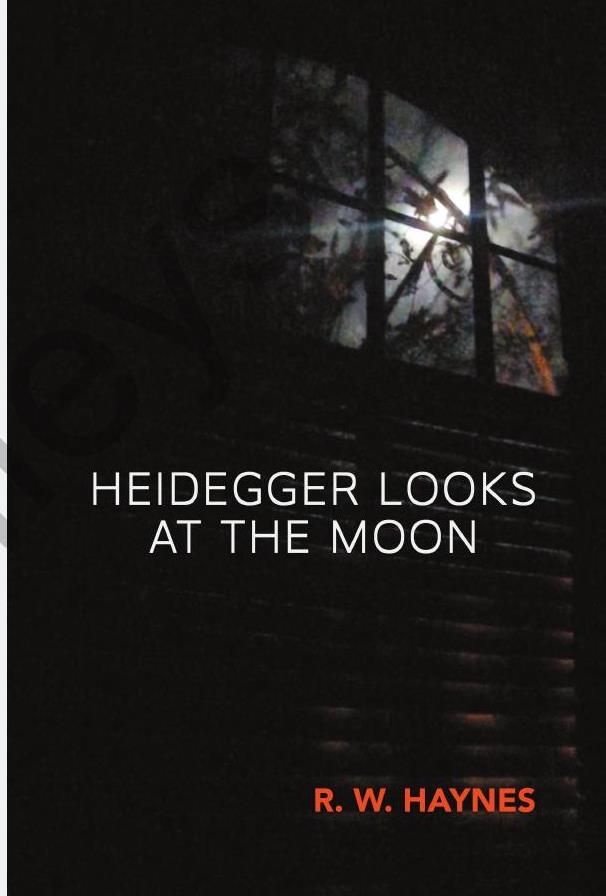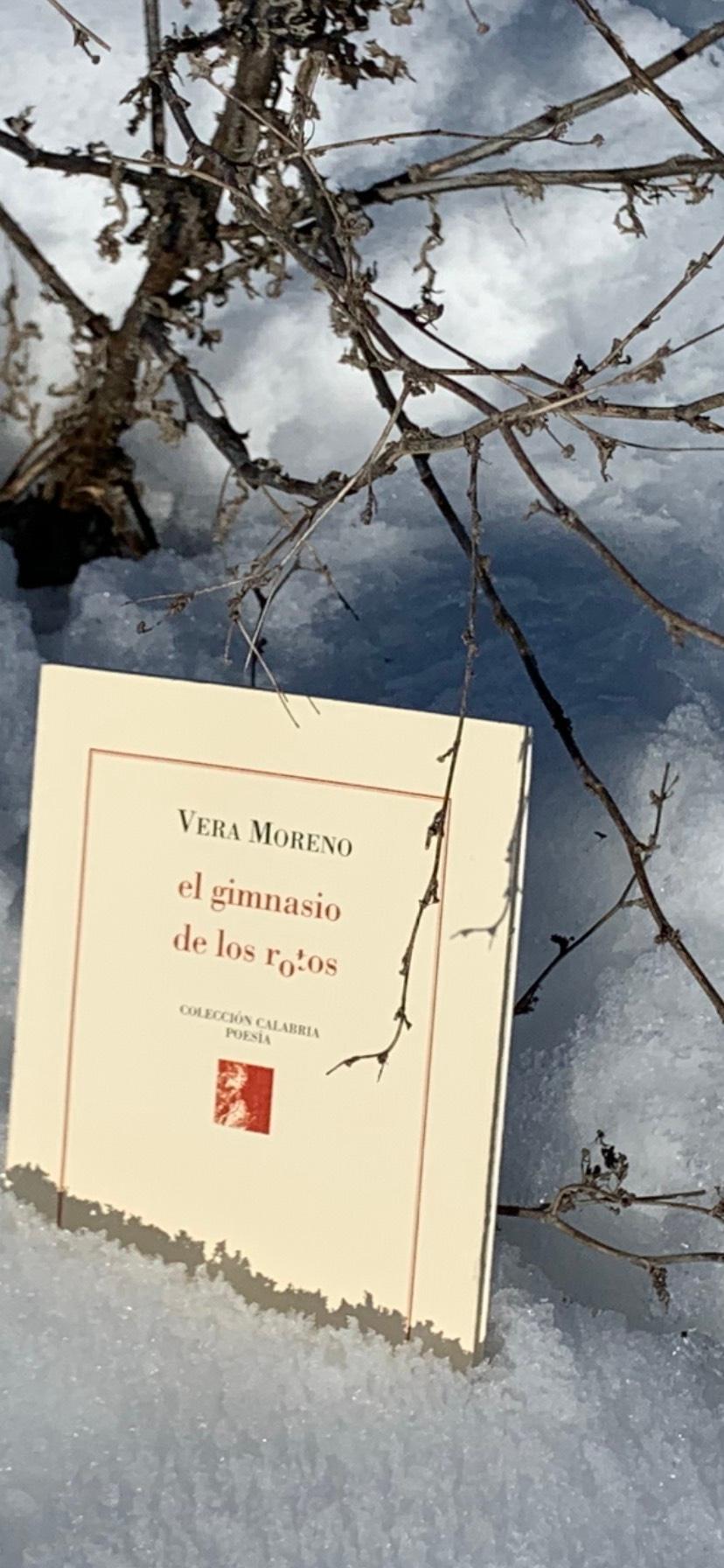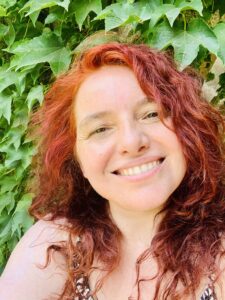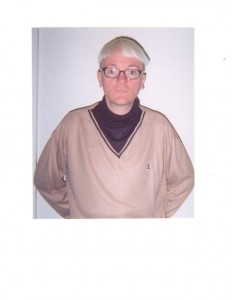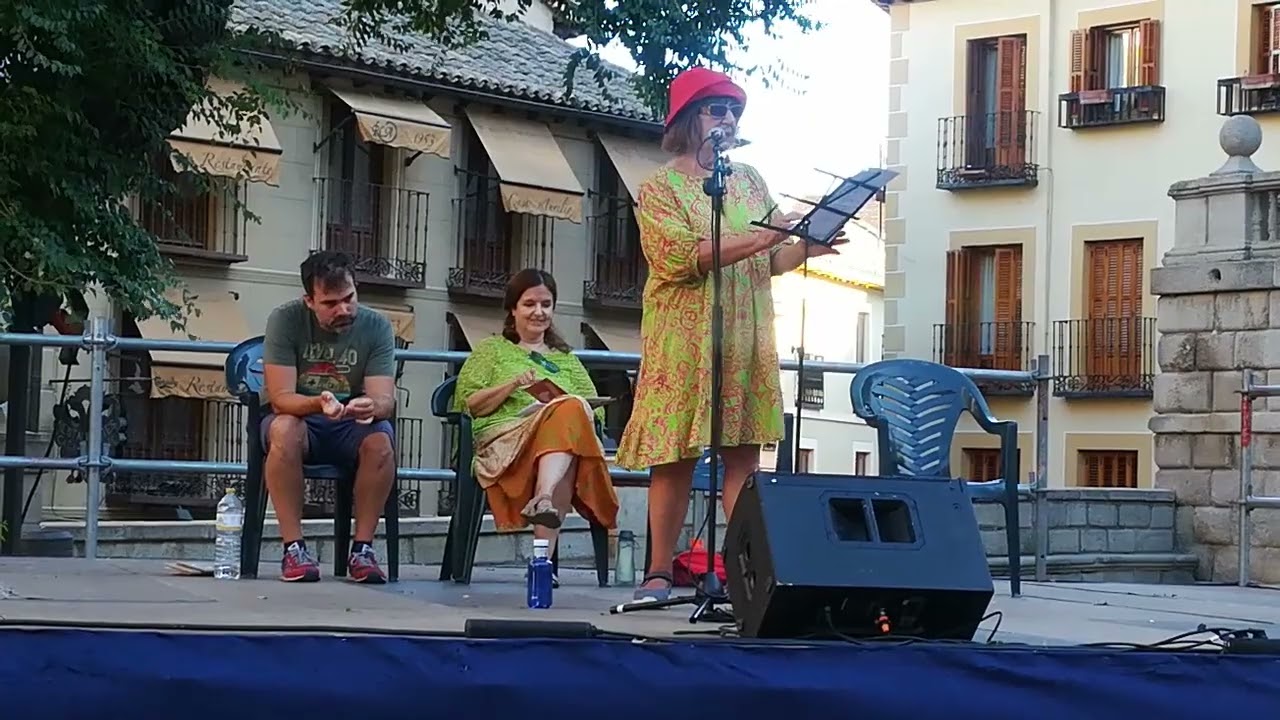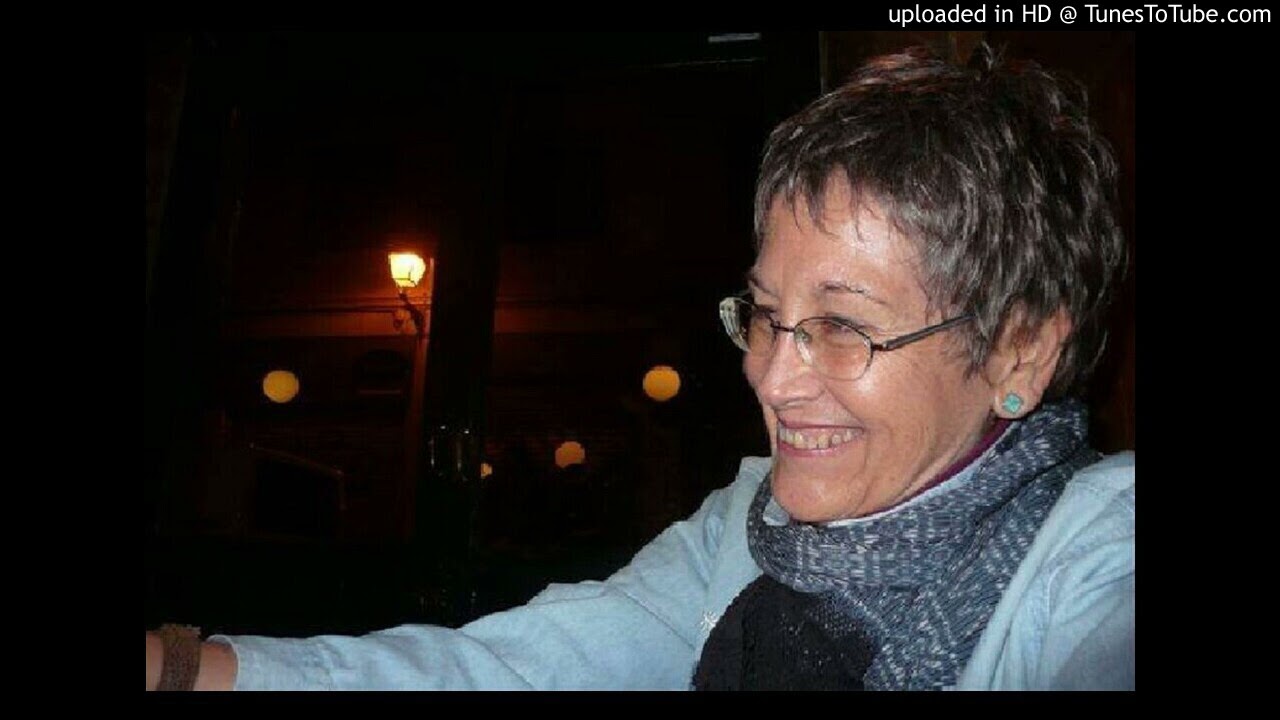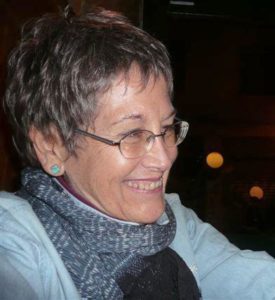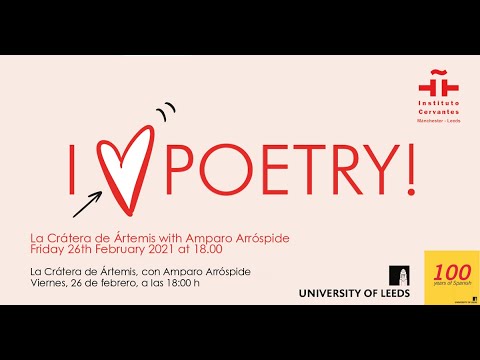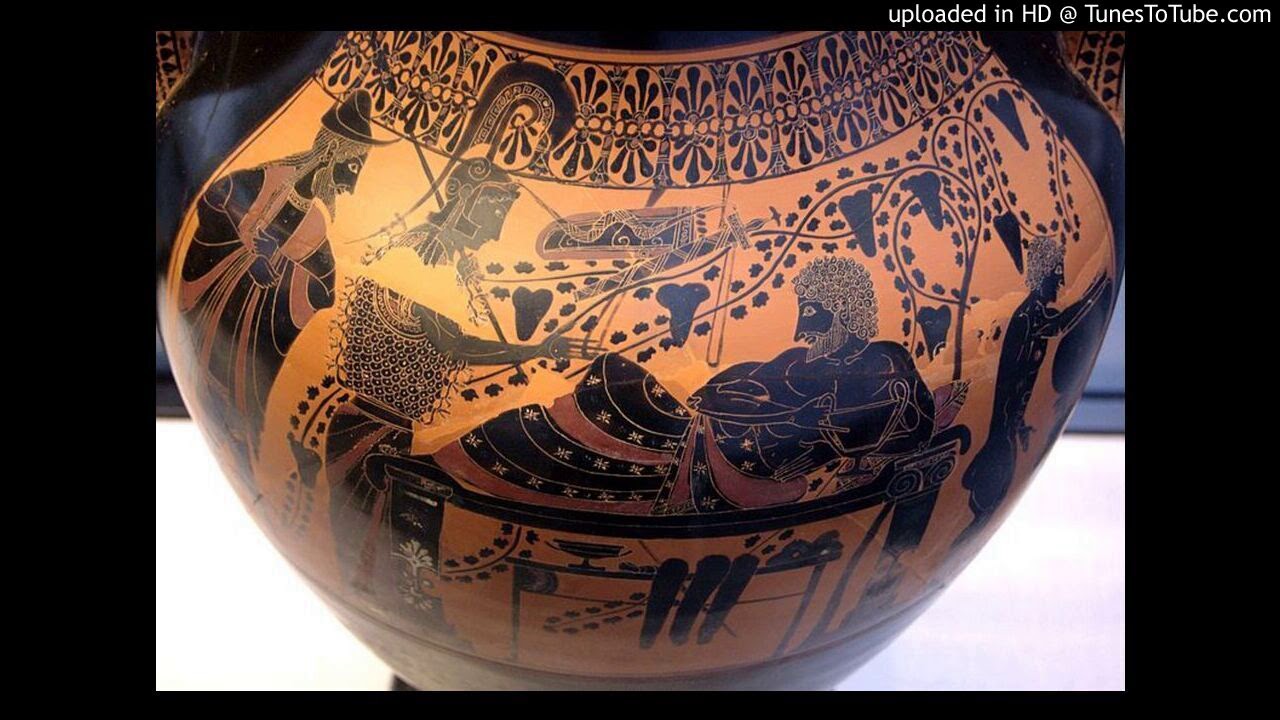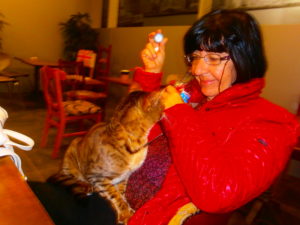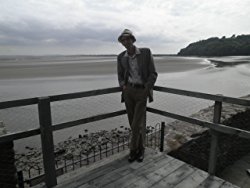OLD CHORISTERS
Singers Look
of our generation from
are turning up a high bridge,
dead. A serial as highway god,
killer he drops
is injecting stones on old bones!
them Even the sap
with corona of trees is worried
plus cancer up the trunk
heart disease as the killer
and stroke waits
This police for an autumnal
silhouette weariness of
of the killer leaves.
isn’t made I am
of his head Time’s agent
and shoulders, his tool
but of his he brags.
twisted mind, Singers
made of our generation
of a brain think that this
to answer is a serial crime,
for his crimes but have
of torture no choice
perpetrated but to
on so many become ringers
choristers. and to pull
With a rough the ropes
cat-tongue and toll
he licked flesh the bell.
from bones
and made
the others
mercy-kill
to make
amends.
MY WAR WITH ROACHES
Pitt Street, Lower East Side
I looked into a half-filled beer bottle
left opened and standing out,
saw six dead roaches floating atop the stale, flat beer.
I was disappointed.
I could have drunk the stuff.
I had no aversion to warm, stale, flat beer,
and had learned to put a head on it
by dropping an Alka-Seltzer tablet into it.
But I wasn’t about to drink beer that had
six dead roaches floating in it,
bodies like boats and legs like oars raised up,
so aimlessly.
The place was filthy.
I needed order!
I went out, bought roach spray,
sprayed the walls, up and down,
back and forth, until billowing clouds
of poison were closing on me from every corner.
It was bitter cold out, but I knocked the
cardboard out of the windows
and let the fresh frosty air suck the poison
out from under my nose.
I blocked the windows again.
I surveyed the carnage.
Roaches of all sizes and shapes were swarming
over the walls, dropping from the cracked ceiling
with small, ticking sounds and
rocking on their curled, chitinous backs,
flicking, flailing, their feelers drooping.
The kitchen gas range was a stronghold,
a fortress of greasy grooves and baked-in crevices.
I lit the oven and watched until the top
of the stove glowed red.
Out they came by the swarming hundreds,
feet burned away, feelers melting
into kinky hairs. They ran over the stove
in desperation, panic, trying to find places
where they could put their feet.
Expectant mothers, their eggs in chitinous cases
at their rear ends, strug gled with their hindmost legs,
as with an instinct to save their offspring,
to force or kick the cases loose.
Some had their cases dangling
by only one side when they leaped
from the top of the stove.
As they landed on the floor and tried to crawl,
with their burnt feet, their dragging, kinked feelers,
with their wings askew, and their dangling,
thread-hanging egg cases, I sprayed them madly
then trampled, kicked, jumped up and down on them,
only wanting them dead.
I saw a fat, hideous albino roach,
already like the pale ghost of its dead self,
leap from the stove.
I squashed it underfoot and swore
I could hear its white shell crack and
spray the pale muck of its insides out: squish!
When I lifted my shoe it dragged itself,
like animated pus, into a heap of glittering
brownish bodies. Thousands of crooked legs
moved sluggishly—then, here and there,
with sudden convulsive speed—
over the place where the ghost had gone.
On the wall was a wooden plaque
that held sets of false teeth, an exhibit,
sold by a dental supply firm to dentists.
It belonged to an artist friend who was to use it
for some arcane artistic purpose
but who had forgetfully left it here.
I grabbed the plaque from the wall
and mashed it down atop this horrible mass
of half life. Then I jumped on it, up and down,
not distinguishing the sound of the break ing teeth
from the sound of roaches snapping on the stove
like popcorn. When I looked down
there were rolling and bouncing human teeth
among the slimy dead and still crawling.
Sakyamuni says they will live again.
Needed: Sneaky Pete, pot, peyote.
Schorb’s work has appeared in Agenda (UK), The American Scholar, The Carolina Quarterly, The Hudson Review, The Southern Review, Stand (UK), The Sewanee Review, The Virginia Quarterly Review, The North American Review, Poetry Salzburg Review (AU), The Yale Review, and Oxford Poetry (UK), among others.
His collection, Murderer’s Day, was awarded the Verna Emery Poetry Prize and published by Purdue University Press, and a subsequent collection, Time and Fevers, was the recipient of the Writer’s Digest International Self-Published Award for Poetry and also an Eric Hoffer Award.
Most recently, his novel R&R a Sex Comedy was awarded the Beverly Hills Book Award for Humor.
Robin Ouzman Hislop is Editor of Poetry Life and Times at Artvilla.com ; You may visit Aquillrelle.com/Author Robin Ouzman Hislop about author & https://poetrylifeandtimes.com See Robin performing his work Performance (University of Leeds)

